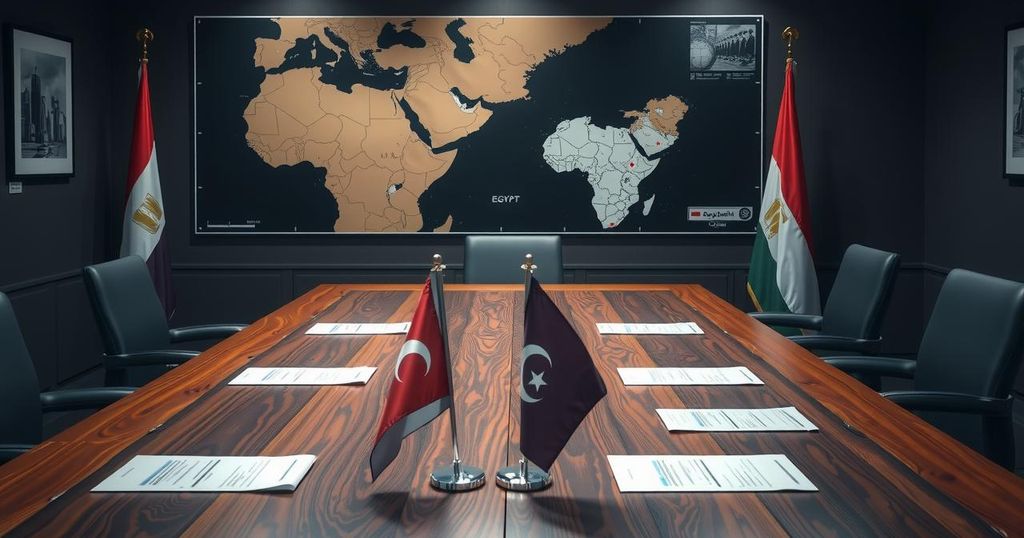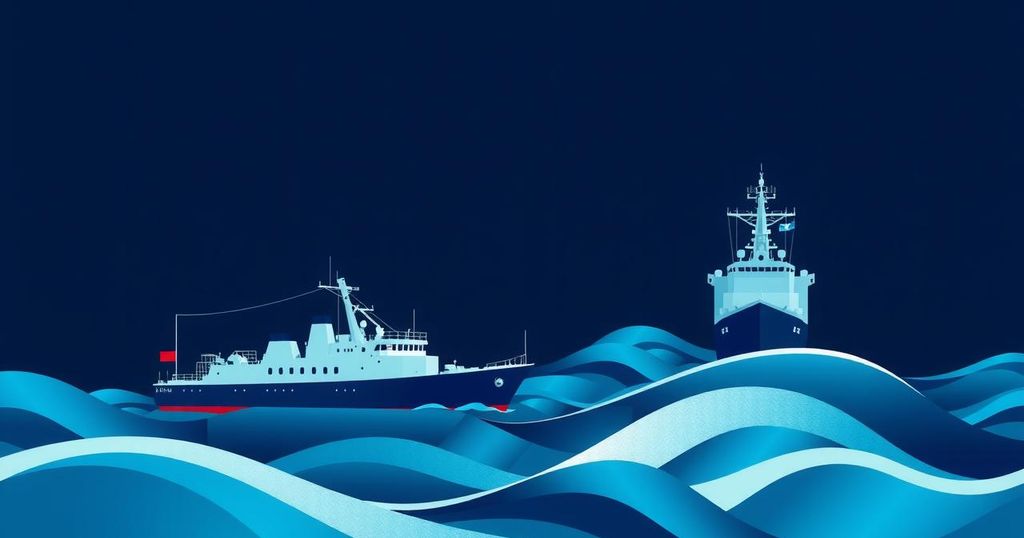Russia Increases Military Presence in Equatorial Guinea to Secure Leadership
Russia has dispatched 200 military instructors to Equatorial Guinea to enhance the security of President Teodoro Obiang and solidify the regime’s power. This move signals growing Russian influence in West Africa, particularly in the context of the country’s significant oil exports. The security focus also extends to the president’s son, who faces serious legal accusations. President Obiang acknowledged Russia’s assistance during a recent visit to Moscow.
Russia has recently dispatched a contingent of 200 military instructors to Equatorial Guinea with the dual aim of bolstering the personal security of President Teodoro Obiang Nguema Mbasogo and reinforcing the ruling dynasty’s influence in the region. This deployment underscores an increasing presence of Russian military assistance in West Africa, particularly in a nation noted for its significant oil exports. Reports indicate that Russian instructors have been engaged in training local security forces in the major cities of the country. The involvement of these instructors appears focused on providing protection for the president’s son, a prominent figure within the government facing allegations of financial misconduct in various jurisdictions. Furthermore, during a visit to Moscow in September, President Obiang expressed his gratitude to President Vladimir Putin for the deployment of these military personnel, reflecting the strengthening ties between the two nations amidst shifting geopolitical landscapes.
The recent deployment of Russian military instructors to Equatorial Guinea highlights the growing strategic collaboration between Russia and African nations. Equatorial Guinea, under the leadership of President Teodoro Obiang since 1979, has become a focal point for foreign investments, particularly in the oil sector. The involvement of Russian instructors is not merely a question of military training but is also indicative of the political maneuvers intended to secure the continuity of the current regime as the president prepares his son for future leadership roles in a country where political stability is paramount. This security arrangement also serves to counter potential challenges from Western influences, particularly from American corporations that are reconsidering their investments in light of these developments.
In conclusion, Russia’s decision to send military instructors to Equatorial Guinea reflects its broader strategy to expand influence in West Africa while simultaneously ensuring the security of the existing government. The presence of these instructors is pivotal for safeguarding the ruling dynasty, especially as it prepares for a potential succession. As geopolitical dynamics evolve, the implications of such foreign military deployments warrant careful observation.
Original Source: 112.ua




Post Comment